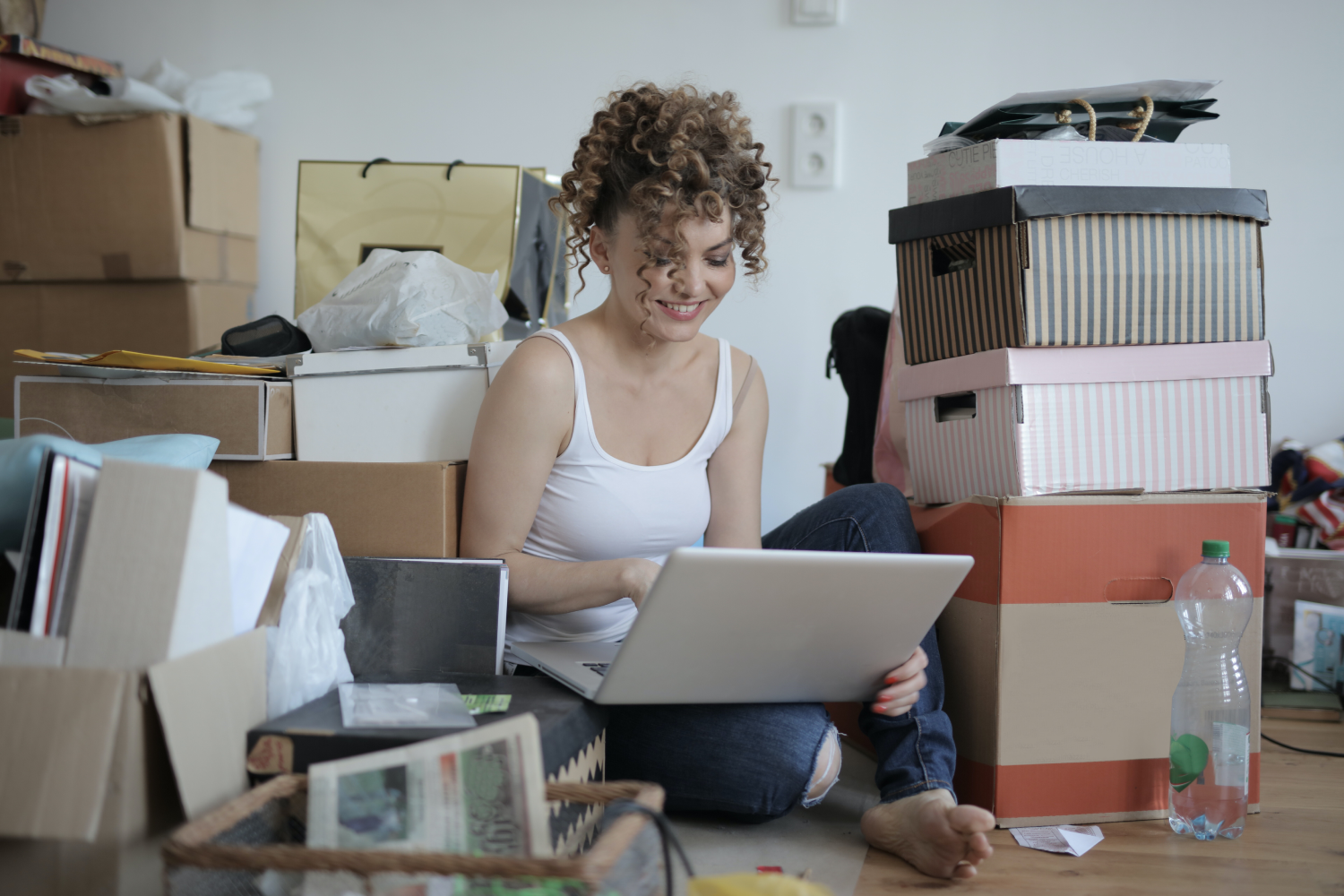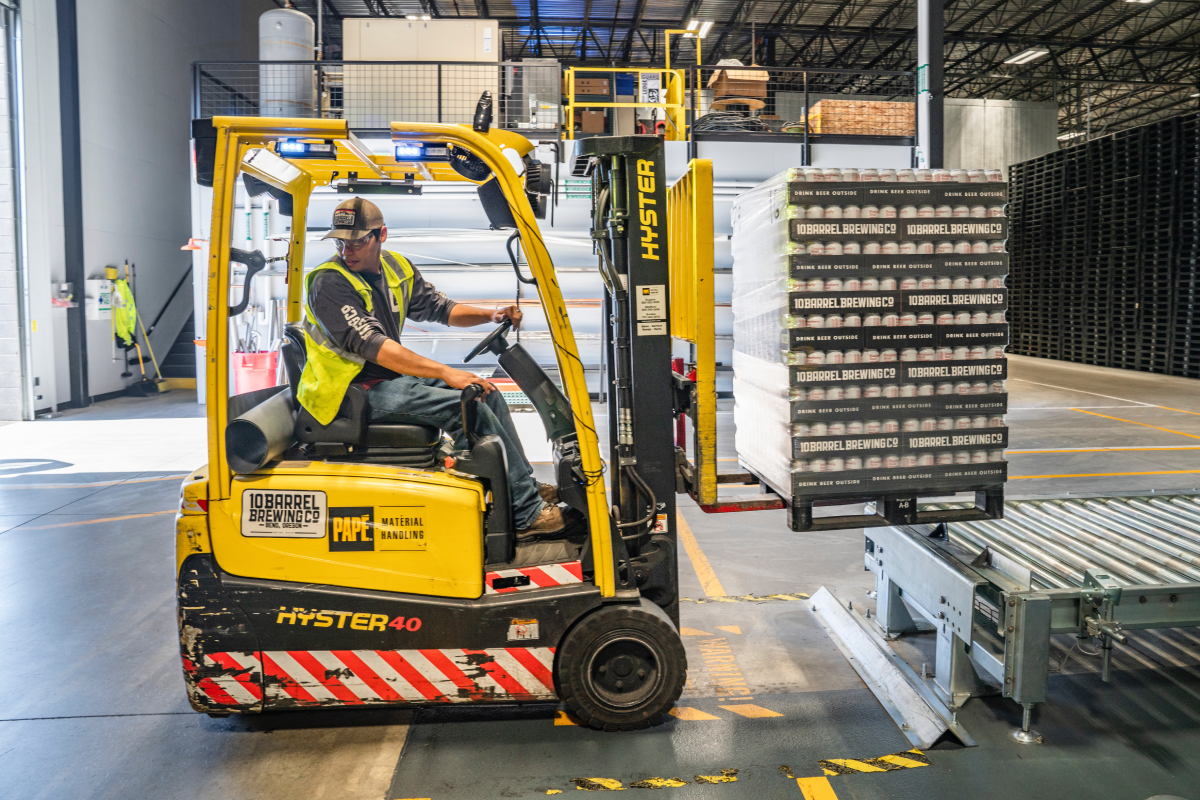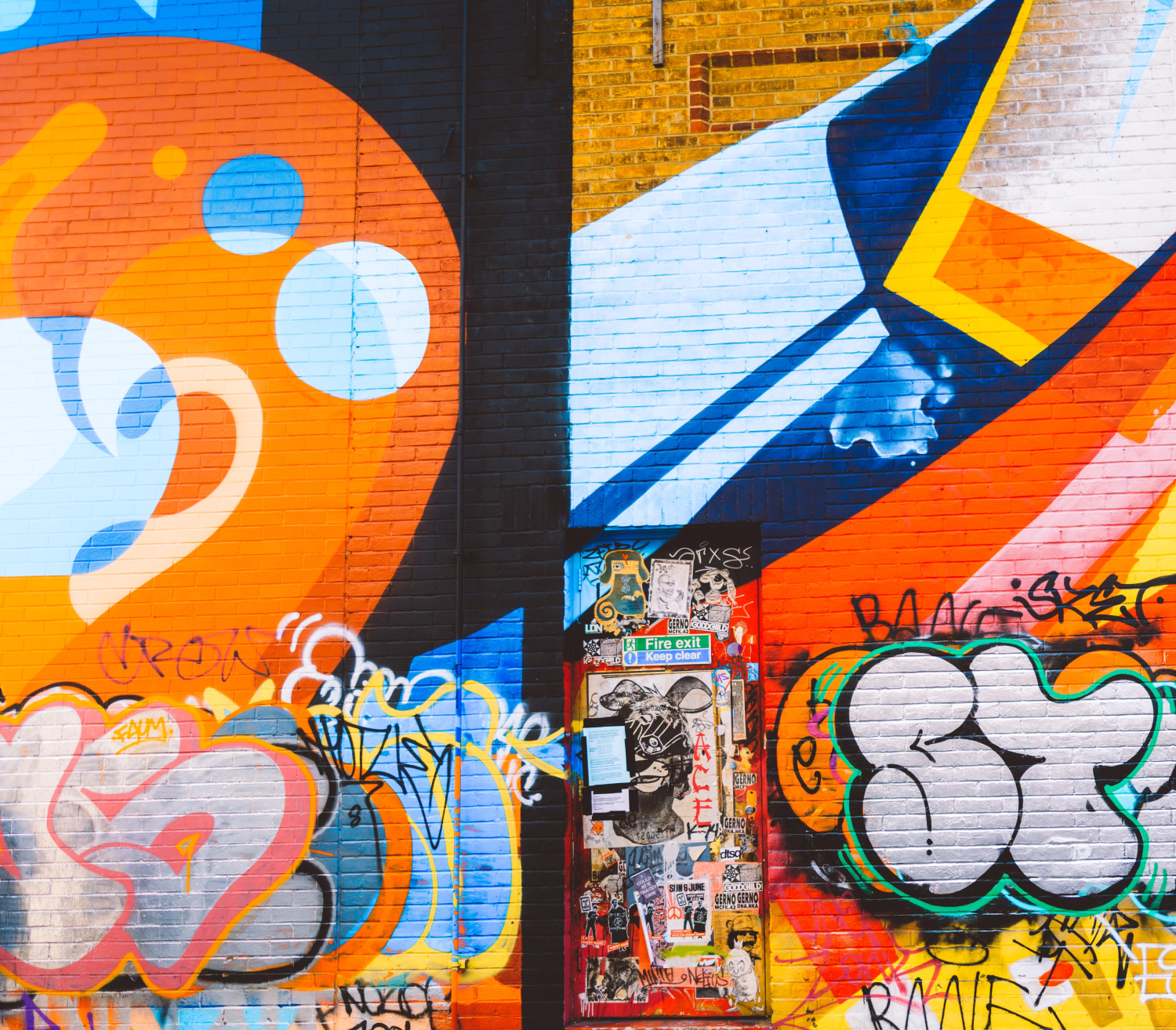In a world where the hustle and bustle of modern life can easily lead to chaos and clutter, the importance of maintaining a tidy living space cannot be overstated. Beyond just the physical benefits, the act of decluttering and cleaning holds a profound impact on our mental well-being. This blog aims to delve into the psychology of clutter, offering insights into how it affects our minds, while providing readers with step-by-step guides, practical tips, and success stories to master the art of decluttering and cleaning.
The Psychology of Clutter
Picture a room filled with an abundance of belongings – papers strewn across desks, clothes spilling out of closets, and miscellaneous items cluttering countertops. This clutter not only overflows into our physical spaces but also infiltrates our minds, causing stress and anxiety. Research has shown that clutter can lead to cognitive overload, making it difficult to focus and think clearly. Cluttered environments have also been linked to increased levels of cortisol, the stress hormone, contributing to feelings of overwhelm.
Decluttering as a Pathway to Mental Well-being
The act of decluttering is not merely about tidying up physical spaces; it’s about creating mental clarity and serenity. By removing excess items and organizing our surroundings, we free our minds from unnecessary distractions. A decluttered environment allows us to focus on what truly matters, fostering a sense of tranquility and inner peace.
Step-by-Step Decluttering Guides
- Closets and Wardrobes: Begin your journey by tackling your closets and wardrobes. Take everything out and sort items into categories – keep, donate, or discard. Consider the “one-year rule”: if you haven’t used or worn something in the past year, it’s time to let go. Invest in space-saving hangers and storage solutions to maximize closet space.
- Kitchen Cabinets: The kitchen is often a hub of activity, but it’s also a common hotspot for clutter. Empty cabinets and assess your kitchen tools and utensils. Keep only the essentials and donate or recycle items you no longer use. Utilize drawer dividers and clear containers to maintain an organized and functional kitchen.
- Living Spaces: Decluttering living areas is essential for creating a welcoming and relaxing atmosphere. Begin by clearing surfaces of excessive decorations and items. Designate specific areas for different activities – reading, entertainment, and relaxation. Invest in stylish storage furniture that complements your decor while providing discreet storage options.
Practical Tips for Maintaining an Organized Space
- Set Regular Decluttering Sessions: Dedicate a specific time each month to assess your belongings and declutter. This prevents clutter from accumulating and becoming overwhelming.
- One-In, One-Out Rule: For every new item you bring into your home, commit to donating or discarding one item. This ensures a balanced and clutter-free space.
- Daily Tidying Rituals: Incorporate quick tidying routines into your day. Spend a few minutes each morning or evening tidying up spaces to prevent clutter from piling up.
Minimalist Decor Ideas
Minimalism is more than just an aesthetic choice; it’s a mindset that promotes simplicity and intentionality. Embrace minimalist decor by choosing quality over quantity. Opt for neutral color palettes, sleek furniture, and functional decor items. A clutter-free environment not only enhances visual appeal but also fosters a sense of calm and order.
Habit-Building Strategies
Building sustainable decluttering and cleaning habits is key to maintaining an organized home. Start small and gradually incorporate these strategies into your routine:
- 15-Minute Rule: Dedicate just 15 minutes a day to declutter a specific area. Over time, these small efforts will lead to significant results.
- Declutter Before Bed: Spend a few minutes decluttering before going to bed. Waking up to a tidy space sets a positive tone for the day.
- Involve the Whole Family: Make decluttering a family activity. Teach children the importance of organization and involve them in age-appropriate tasks.
The Connection between Tidiness and Reduced Stress
A cluttered environment can leave us feeling overwhelmed, stressed, and mentally drained. In contrast, a tidy and organized space promotes a sense of calm and control. Researchers have found that individuals who maintain tidy living spaces are more likely to experience reduced stress levels and improved overall well-being. By decluttering and cleaning, we create a sanctuary that nurtures our mental health.
Success Stories: Transforming Homes and Lives
Real-life success stories inspire us to take action. Meet Jane, who transformed her cluttered apartment into a serene oasis by following the principles of decluttering. She found that as she let go of excess belongings, her stress levels decreased, and her creativity flourished. Similarly, Mark, a busy professional, discovered that a decluttered home provided him with a peaceful retreat to recharge after long workdays.
Conclusion
Mastering the art of decluttering and cleaning is a journey toward improved mental well-being and a more harmonious living environment. By understanding the psychology of clutter, adopting practical decluttering strategies, embracing minimalist decor, and cultivating sustainable habits, you can create a space that nurtures your mind, body, and soul. Remember, the path to serenity begins with a single step – the decision to embark on the journey to a clutter-free life.



